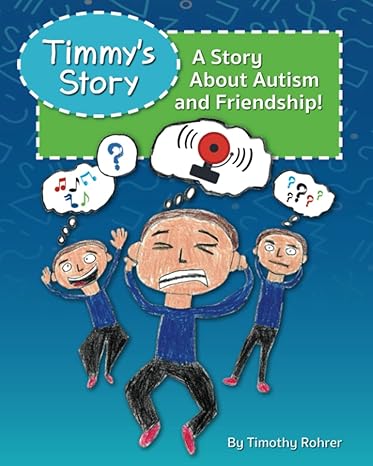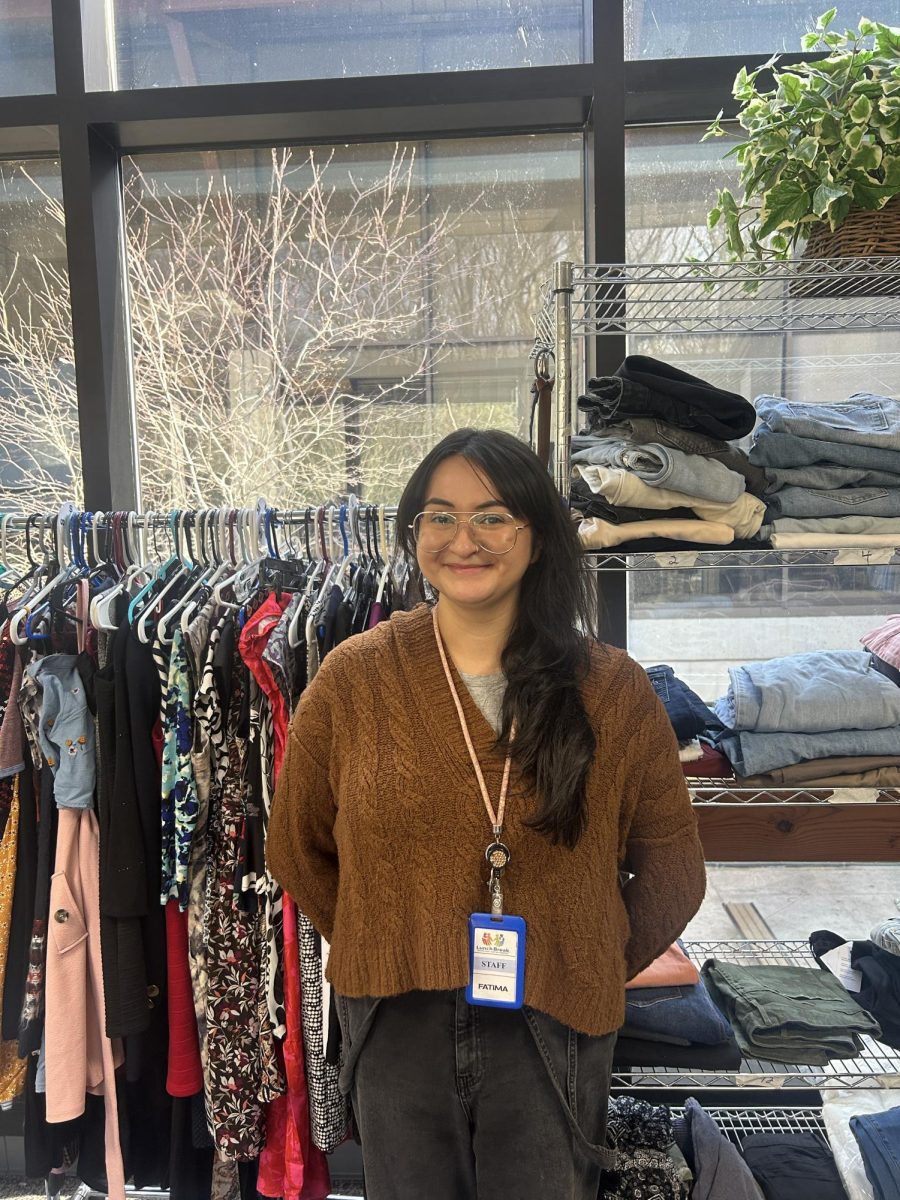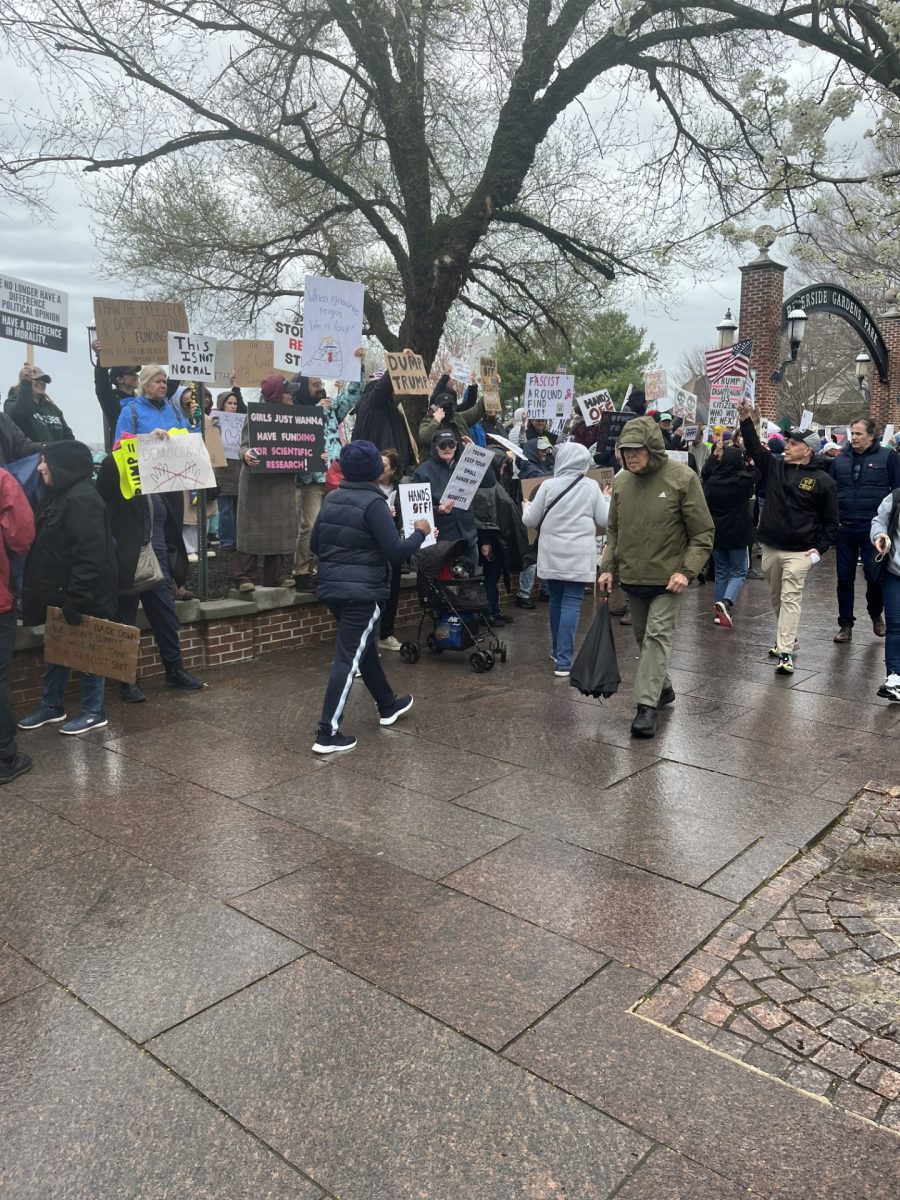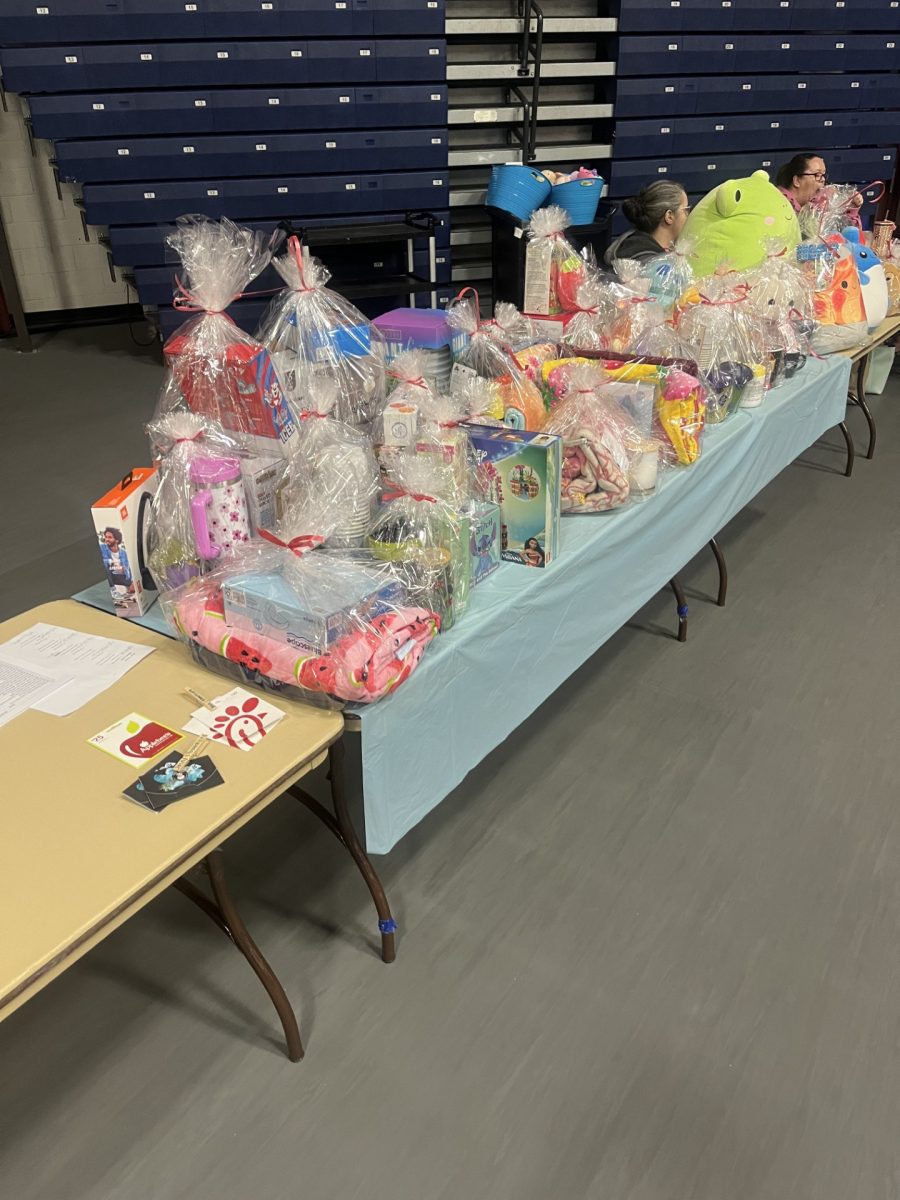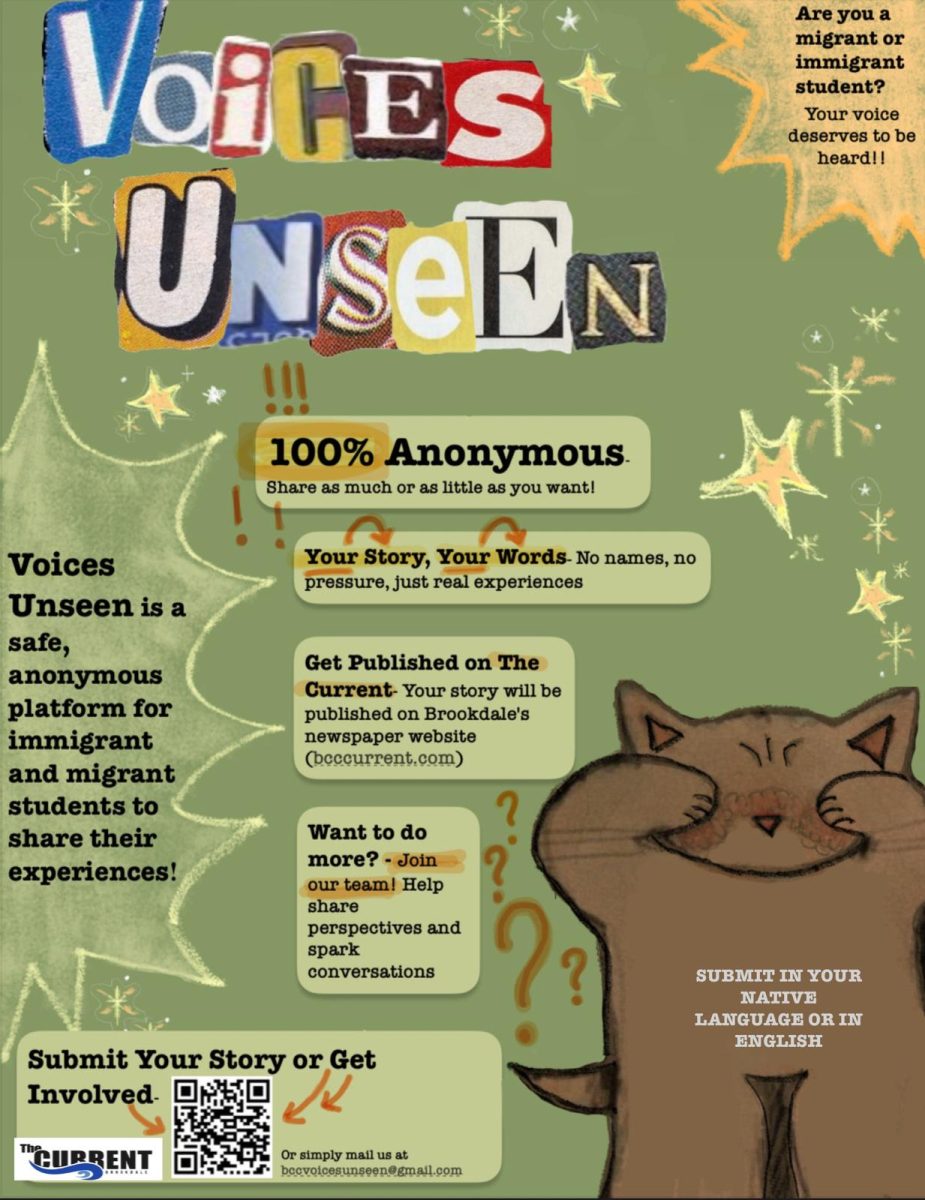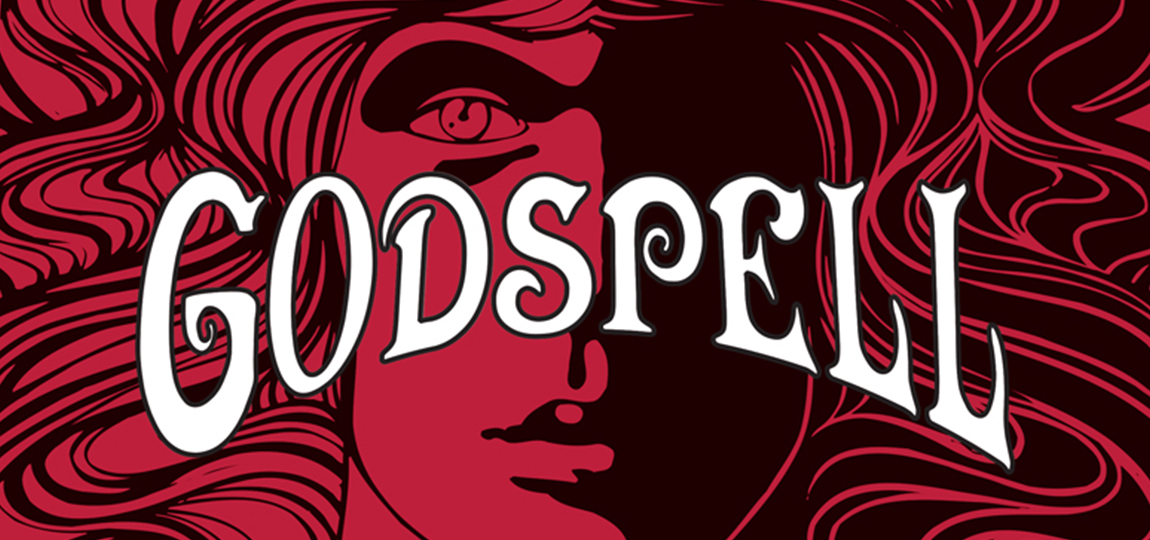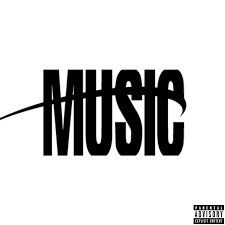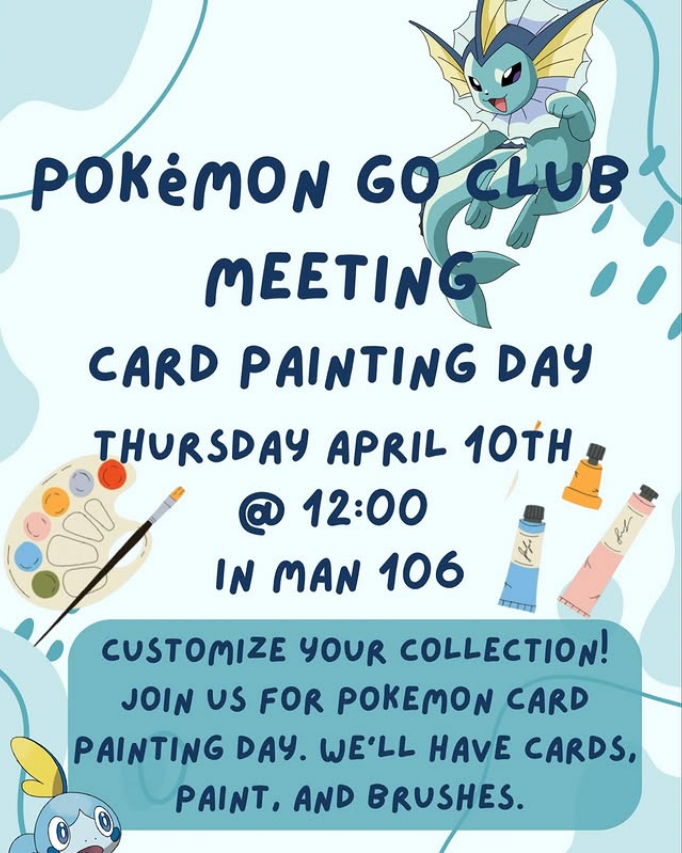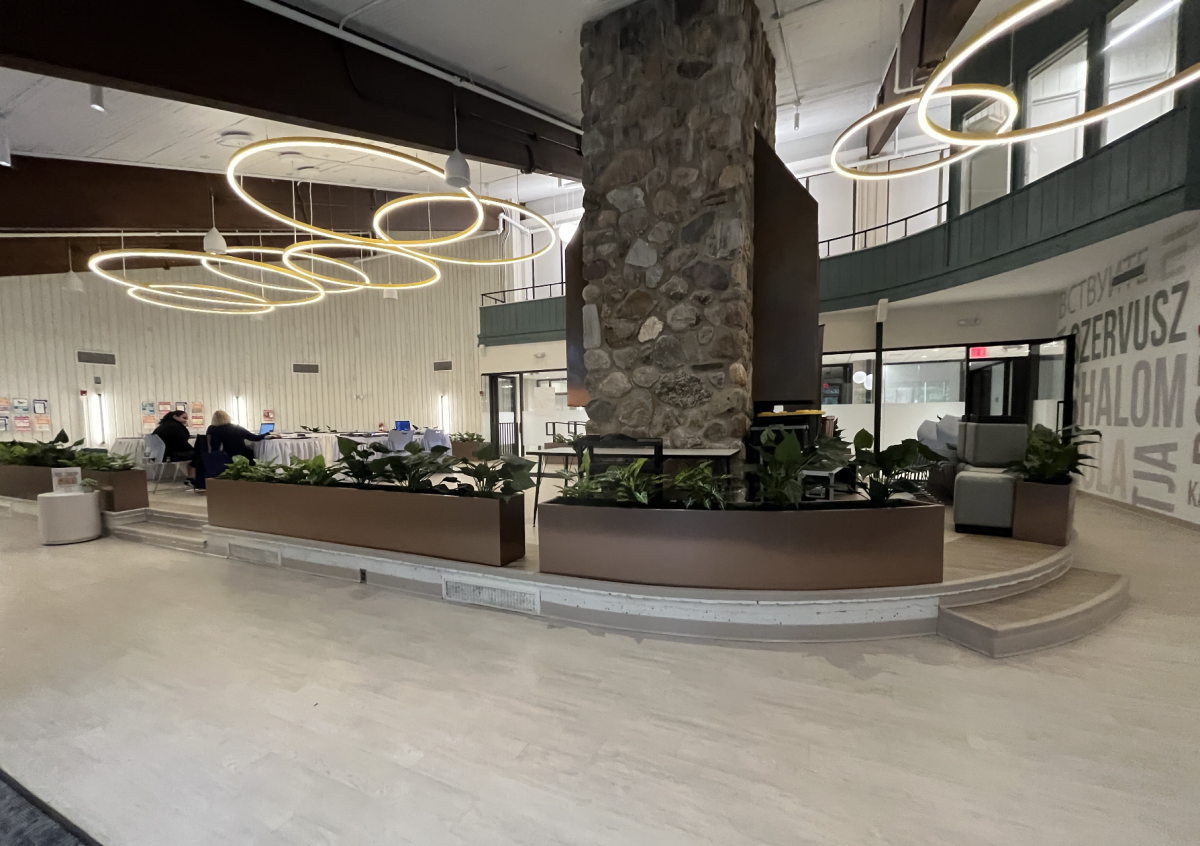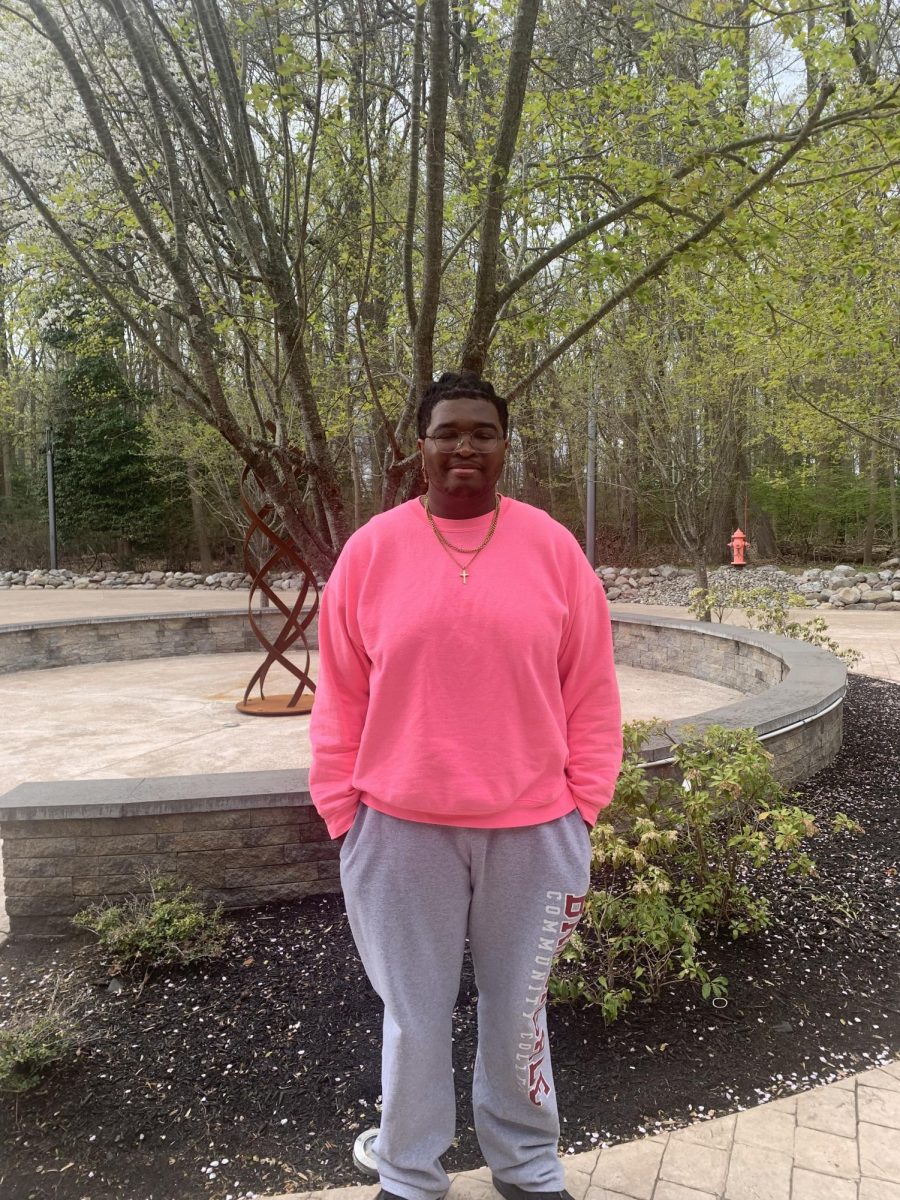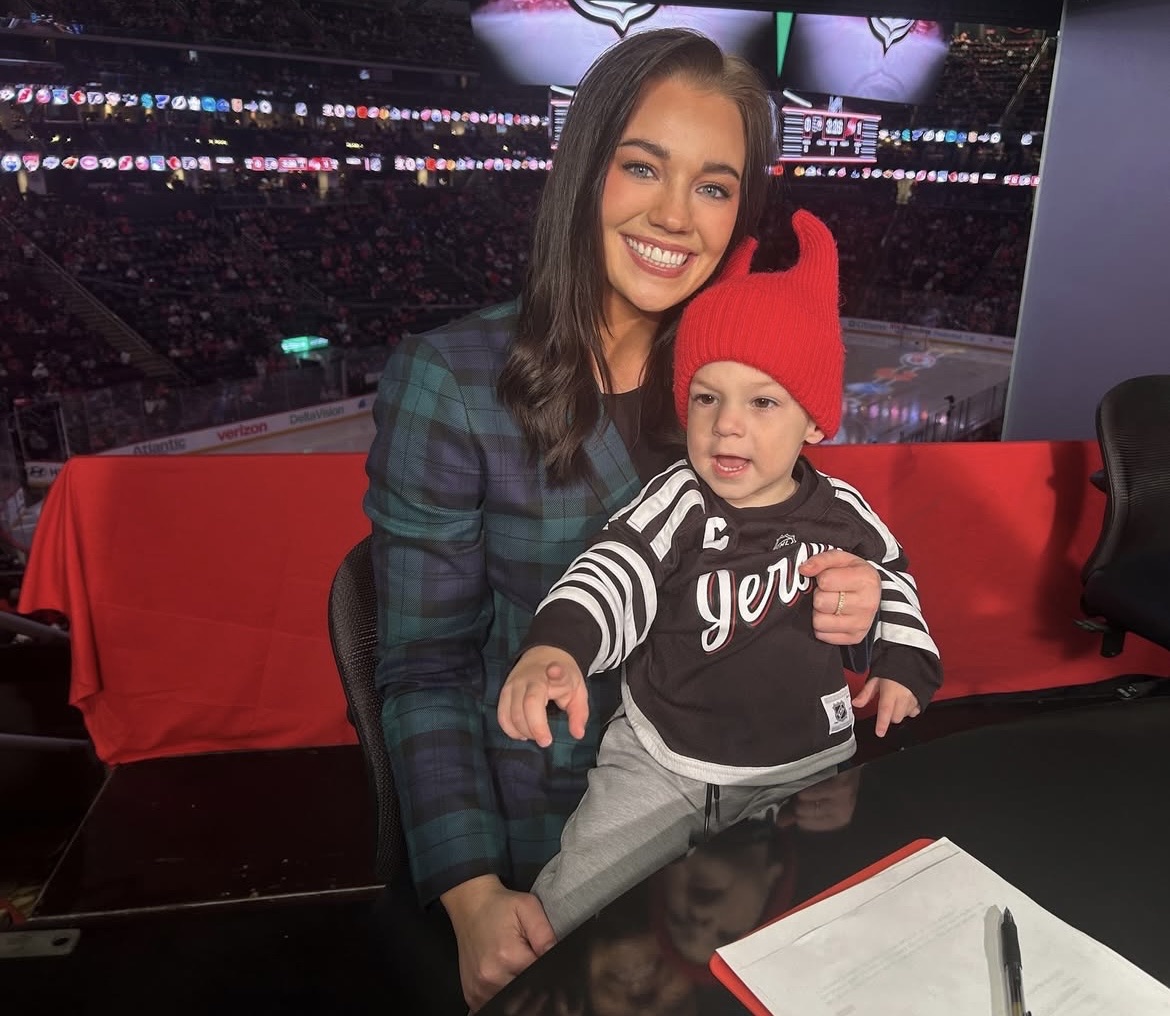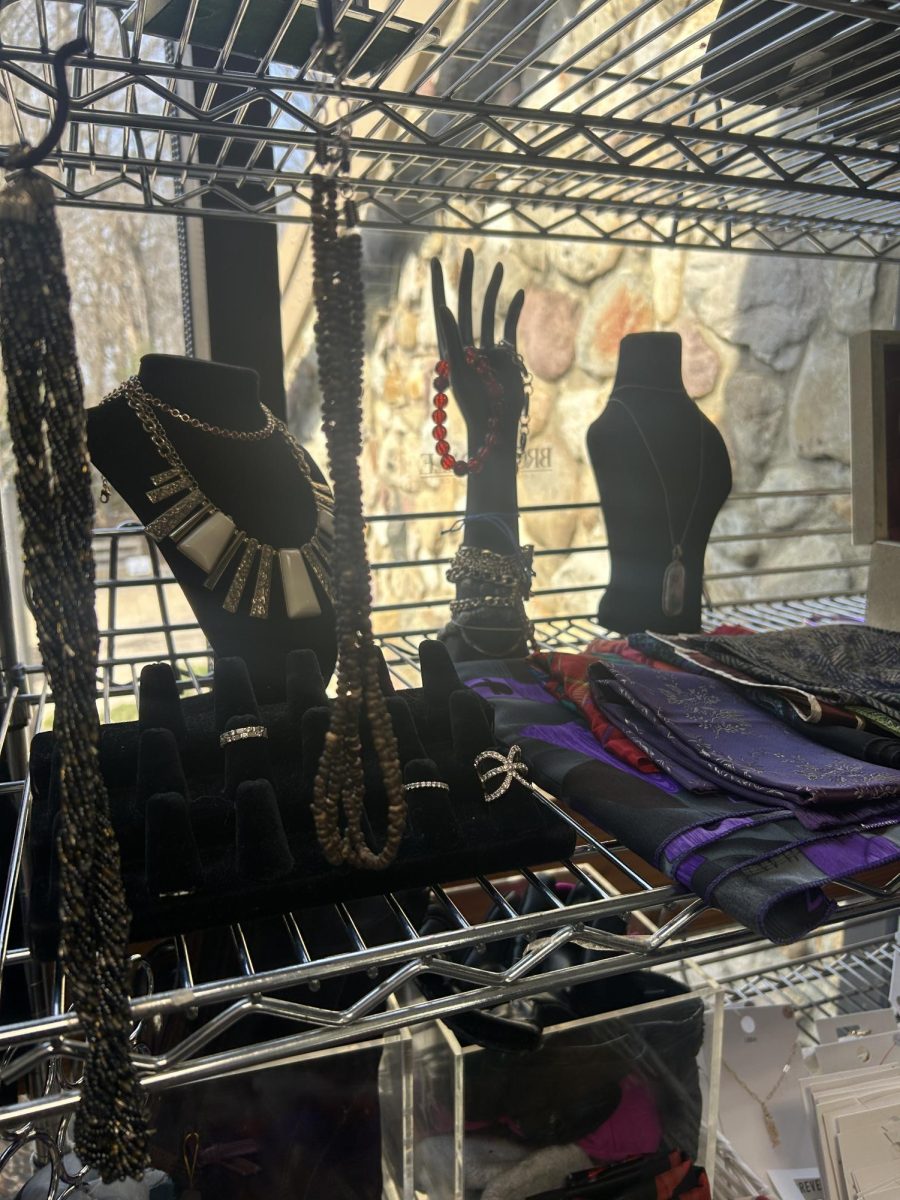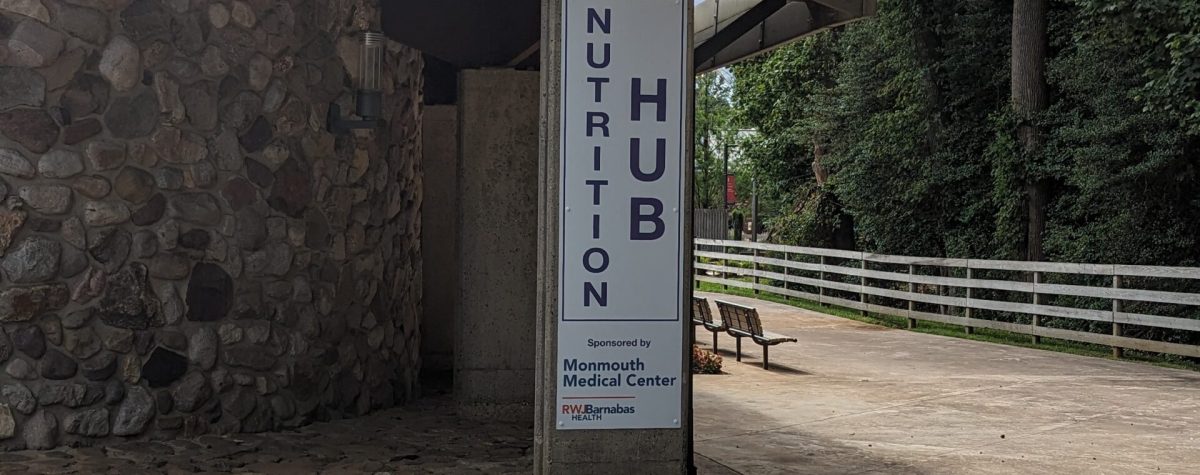“The whole goal of our Political Science Club is to educate more individuals to assess facts and reason over blatant and obvious fiction,” said Santina Wrona, the club’s public relations manager. “I think there is fear in having people’s opinion and viewpoints shared in a time where any side you happen to align with politically is war.”
“Our club serves to hear sides and all voices. That is what sets them apart from so many,” said Wrona, who has served in the public relations position for over a year. Her role dynamic both in-person and digitally. She runs the History and Political Science Club’s social media accounts, handles advertising and coordinates events for the club.
“This year has been a difficult challenge for the club. We have seen less sign ups and student involvement. I think it is largely because of the drastic swing in politics,” she said. “People are afraid to join and have open, honest conversations. It also seems now that everything that was sensical has now become political. It has hurt the club greatly.”
Navigating the current climate can be difficult for the club,” Wrona said. For instance, the club considered a program discussing deportations and Immigration and Customs Enforcement and found some administrators, faculty and students preferred the issue not be pursued.
“We wanted to just have an open conversation about these deportation laws and policies,” Wrona said. However, the club ultimately decided it did not “want to draw any negative attention toward the club and have people turn away, even further. But we have limited so much in recent months.”
Still, the club persists in trying to get conversation going by any and all means.
They had multiple events, the most popular being the “Black Music Bingo” event. The club had major success in having multiple participants for this event. They wanted to teach about Black history and culture in a fun, exciting manner. It is just one of their many goals. The club wants to press onto facts and evidence rather than solely controversial takes and opinions. They have realized that they have more success and participants when they do so.
“We find that when we lead our discussions with history, more people feel inclined to share,” Wrona said. “I realize context is essential when it comes to representation and helping diffuse tempers or heated debates between opposing sides. When we implement more facts from both a Republican and Democratic side, we are teaching participants and also hearing their takes. It is a win-win.”
Wrona didn’t shy away from the fact that even with context and history to draw from, political conversations even at the club level aren’t always smooth sailing. Participants and board members sometimes get offended by opposing opinions, she said.
“I mean we were having a discussion about the tariffs and the stock market situation. It caused wild discourse,” she said. “Even with presenting historical facts about tariffs and the role they played in history, people were still upset with what was said.”
Wrona described it as difficult for the club to combat willful ignorance. No matter how much the club might try to inform people about issues that are not on a national level, such as the state’s governor’s race, some people would rather turn a blind eye and just simply ignore it.
The club has even tried to highlight that many opposing political spheres have a lot in common. For example, Democrats and Republicans tend to agree on some issues. However, those agreements can get lost as the two sides continue to demonize one another.
“I think people forgot that politicians are people that are just trying to sell you something that is never exactly promised,” Wrona said. “I think they spew rhetoric that is meant to purposefully worsen the divide in our country. This includes unreliable news like Fox News or CNN, nothing is credible and unbiased. I think that just goes over people’s heads. We have conflated morals and politics, which are too separate entities. It makes the conversation stall when trying to be an educational outlet.”
Nevertheless, this has not stopped the club’s mission to educate and inform in any way they can to anybody who will listen.
They recently have been throwing around the idea of hosting a debate.
“I’ve discussed this idea with other members. We’re thinking that it might be a good experience for students to first off, learn how debates work, while using their critical thinking skills to make decisions. Instead of having a debate solely based on politics, we would try different kinds of political scenarios,” she said. “Then, we would see from there how this turns out… I would consider it a mock debate.”
“It is very hard to navigate a club especially in this kind of atmosphere. I, myself, am guilty of being biased and letting my personal beliefs assuage my knowledge at some points too. But, in the same breath, I do not want to live in political ignorance. I want to know what is going on in this world and how it affects people around me. I want to do that through educational political messaging in whatever form that they look like.”
“I find that the United States is in a very vulnerable position,” Wrona said. “It is our duty to want to know what is happening.”

